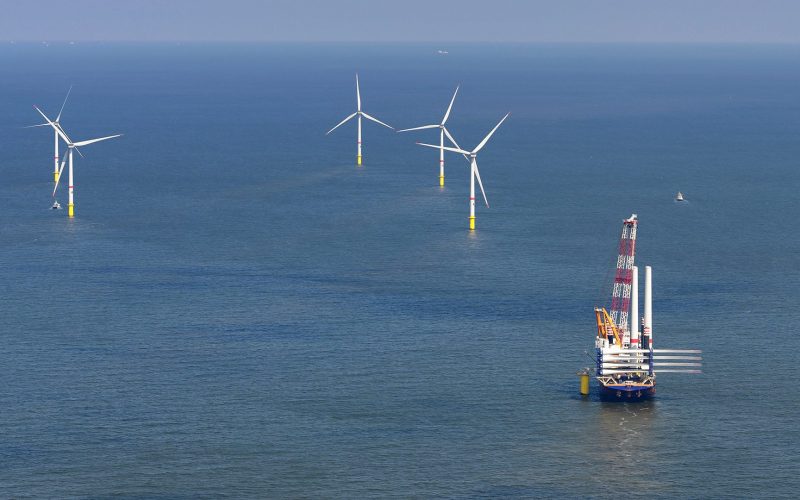THE VOICE FOR THE ENERGY CONSUMER

CEA’s Kevin Doyle combats the myths surrounding offshore energy exploration and production far off Georgia’s coast in the Atlantic so families can benefit from new economic opportunities and lower energy.

What keeps us safe? Some of us might think that it is a tightly locked home? Some people invest in alarm systems to keep them safe. For others, maybe it’s.

There is a large and growing debate in circles across the country and around the world on whether we should or can move to 100 percent renewables or a zero.

Did you know, according to the International Energy Agency (IEA), the U.S. is the number one producer of natural gas in the world, leading Russia, Iran, Canada, and Qatar? A.

We’ve talked before about how traditional fuels like natural gas can partner with renewables like wind and solar as a backup fuel for times when the wind doesn’t blow and.

If you search online for the top paying jobs in America, you’ll be lead to several lists that include doctors, lawyers, and engineers. Those professions, however, require some key ingredients:.

As reported by CNN, continued pipeline bottlenecks have contributed to spikes in oil prices, leading to cost increases for families and businesses across the nation. America’s most prolific shale oilfield.

Many people outside of the energy world may not know this, but the United States has surpassed Russia as the world’s largest natural gas producer. It’s important to remember what.

It’s a two-way street when it comes to energy and education. When energy companies develop our natural resources like oil and gas, they pay taxes. Those taxes go by many.

CEA’s Chris Ventura discussed how West Virginians are seeing benefits from energy production throughout their communities as new jobs with higher wages are being created every day. The availability of.